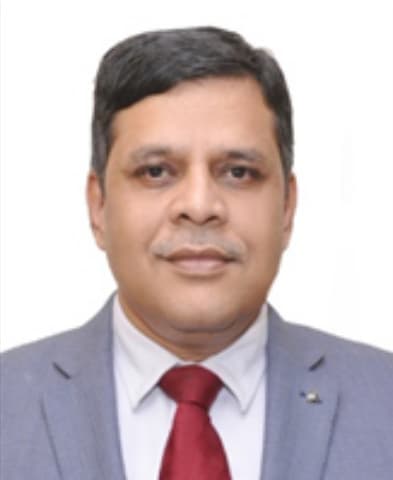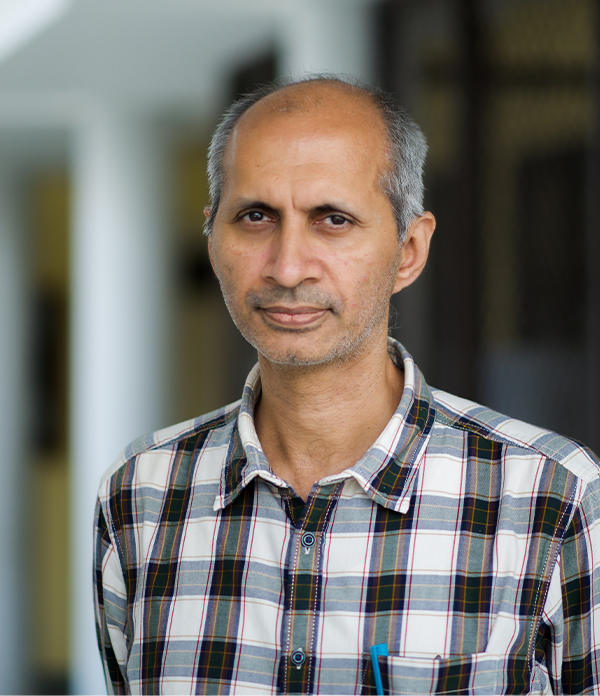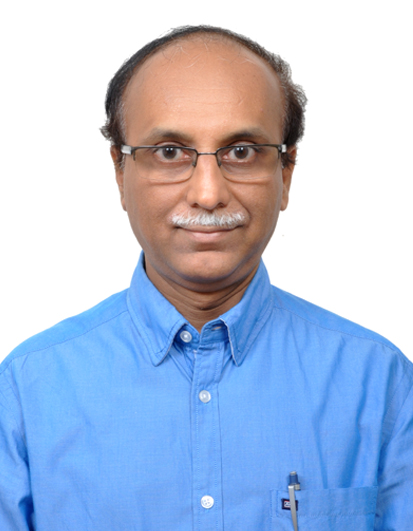Prof. Enda Hayes
UWE Bristol
Social mobility: An air quality solution or an amplifier of the air quality challenge?
ABSTRACT
Social mobility is often defined as a change in a person’s social-economic situation (i.e. income). This can be inter-generational mobility which relates to change relative to someone’s parents or intra-generational mobility which relates to change throughout a person’s lifetime. However, this view-point of social mobility is inherently reductive. Social mobility needs to be approached from an intersectional perspective, encompassing factors such as gender, race, ethnicity, and class, whilst also considering how an individual/community’s economic capital, social capital, natural capital and cultural capital intersect to enable or inhibit social mobility. This presentation will examine the systemic and intractable challenge of air quality through the intersectional lens of social mobility. It will explore case studies of the distributive and procedural (in)justices related to air quality, health and social deprivation; and challenge the disparities of some city-scale interventions. Finally, we offer a mechanism to help diagnose and recalibrate policies to ensure greater social inclusion and avoid unintended negative consequences with respect to social mobility.
ABOUT THE SPEAKER
Enda Hayes is a Professor of Air Quality and Carbon Management at the University of the West of England, Bristol (UWE). His research explores environmental justice and social inequalities and how this complex relationship can evolve as social mobility is positively (or negatively) influenced. He is also interested in procedural justice and how individuals/communities are included or excluded from the decision-making process using strategic foresight methodologies that can accommodate and respect different people, their cultural practices, their identities, and their knowledge systems in the context of the environment. He co-chairs the Bristol Advisory Committee for Climate Change and recent projects, such as the EU Horizon funded ClairCity (www.claircity.eu), has explored the role of different demographics and behaviours in generating emissions.







